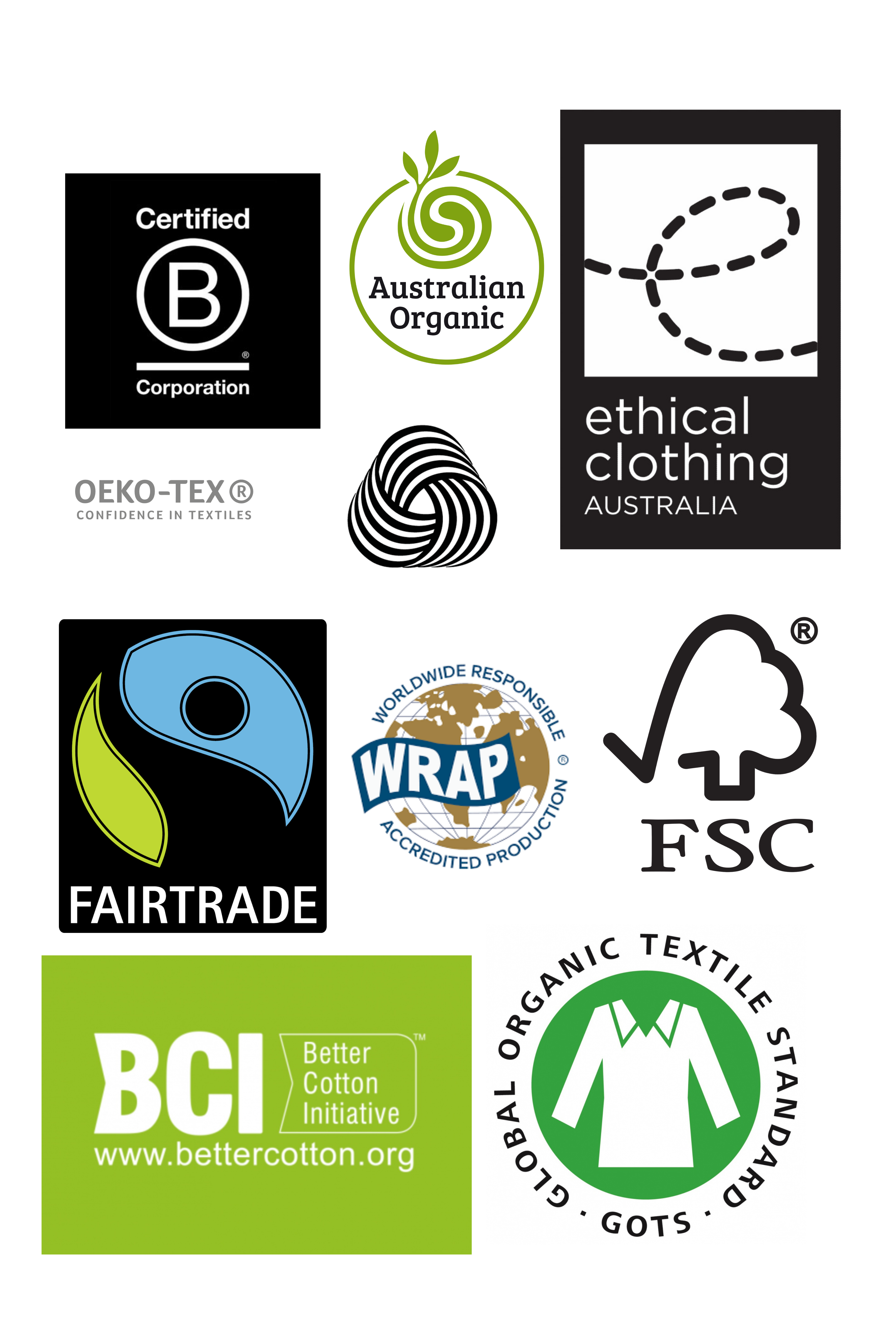
Navigating Green Horizons: The Significance of Sustainable Fashion Certifications
In a world where sustainability has become a paramount concern, the fashion industry is experiencing a paradigm shift towards eco-conscious practices. Sustainable fashion certifications play a pivotal role in this transition, offering a roadmap for both consumers and businesses committed to reducing their environmental impact.
The Essence of Sustainable Fashion Certifications
Sustainable fashion certifications are credentials awarded to brands and products that adhere to specific environmental and ethical standards. These certifications serve as tangible evidence of a brand’s commitment to sustainability, providing transparency and accountability in an industry that is often scrutinized for its environmental footprint.
Certifying Ethical Practices: Fair Labor and Workers’ Rights
One key aspect of sustainable fashion certifications is the emphasis on ethical practices, particularly concerning fair labor and workers’ rights. Certifications often require brands to adhere to fair wages, safe working conditions, and overall ethical treatment of the workforce. This ensures that the human aspect of fashion production is aligned with sustainable principles.
Environmental Impact Assessment: From Raw Materials to Production
Sustainable fashion certifications delve deep into the environmental impact of the entire production process. This includes the sourcing of raw materials, manufacturing processes, and transportation. Certifications assess whether brands prioritize eco-friendly materials, reduce energy consumption, and employ sustainable production methods, all contributing to a lower carbon footprint.
Promoting Circular Fashion: End-of-Life Considerations
Circular fashion, characterized by recycling and reusing materials, is a cornerstone of sustainability. Certifications encourage brands to adopt circular fashion principles by considering the end-of-life of their products. This involves designing for recyclability, using biodegradable materials, and establishing take-back programs to ensure responsible disposal.
Organic and Eco-Friendly Material Certifications
Sustainable fashion certifications often focus on the materials used in clothing production. Certifications for organic cotton, for example, ensure that the cultivation of cotton adheres to strict organic farming practices, avoiding synthetic pesticides and promoting soil health. Similarly, certifications for eco-friendly materials validate the use of innovative, sustainable alternatives.
Consumer Empowerment: Informed and Ethical Choices
For consumers, sustainable fashion certifications empower them to make informed and ethical choices. When a product carries a recognized certification, consumers can trust that the brand has undergone rigorous evaluation to meet specific sustainability criteria. This transparency enables individuals to align their purchasing decisions with their values.
Industry Recognition and Collaboration: Shaping Collective Responsibility
Sustainable fashion certifications also contribute to shaping industry standards and fostering collaboration. Brands that undergo certification signal their commitment to higher sustainability standards, encouraging others to follow suit. This collective responsibility helps elevate the entire industry’s commitment to environmental and ethical practices.
Challenges and Evolving Standards: Staying Ahead
While sustainable fashion certifications bring numerous benefits, challenges exist, including evolving standards and greenwashing concerns. The landscape is dynamic, and certifications must adapt to address emerging sustainability issues. Brands and certifying bodies must collaborate to stay ahead of industry changes and ensure the ongoing credibility of certifications.
Future Prospects: A Sustainably Fashioned World
In conclusion, sustainable fashion certifications play a crucial role in steering the fashion industry towards a more sustainable and ethical future. As consumer awareness grows, the demand for certified products is likely to increase, encouraging more brands to adopt eco-conscious practices. By navigating the green horizons outlined by these certifications, the fashion industry has the potential to become a force for positive environmental and social change.
To explore more about sustainable fashion certifications and their impact, visit beautifulnhealthy.com. This platform offers insights and resources for those seeking to understand and support the certification processes shaping the sustainable fashion landscape.
